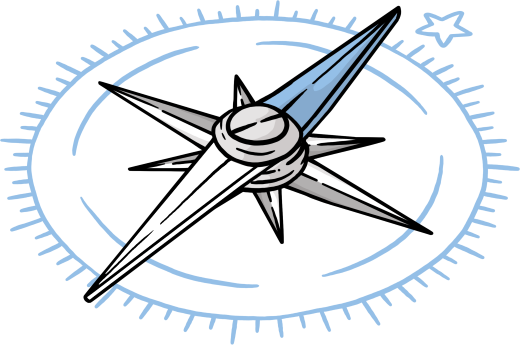Predatory Practices in the Context of Integrity and Quality of Scientific Publications
Course start: 27. October 2025
Predatory Practices in the Context of Integrity and Quality of Scientific Publications
- Ursula Ulrych
- Karoline Feyertag
- Irma Klerings
Scientific classification:
Course start: 27. October 2025
Predatory Practices in the Context of Integrity and Quality of Scientific Publications
- Ursula Ulrych
- Karoline Feyertag
- Irma Klerings
-
Scope: 3 units
-
Effort: 3 hours/week
-
Current participants: 87
-
Licence: CC BY-NC-SA 4.0
-
Course start: 27. October 2025
-
Course end: -
-
Current status: Ongoing course
-
Available languages:
Course details
General information about the course
Are you planning a scientific publication? But how can you distinguish predatory publishers from legit ones? And what constitutes good scientific publishing practice?
Scientific research and communication form a complex ecosystem that is undergoing profound change as a result of digitalisation and the open access transformation. However, fraudulent practices such as predatory publishing have been spreading invasively in this ecosystem for some time now. They undermine good scientific practice and trust in science.
This course offers orientation and basic knowledge about the quality of scientific communication. The aim is to understand quality in scientific communication and to recognise and avoid predatory practices.
Course content
The following topics will be covered in three lessons:
- Lesson 1: Integrity and quality of scientific publications
- Lesson 2: Predatory publishing: fraudulent business models in scientific open access publishing
- Lesson 3: Checking scientific journals for formal quality: examples and exercises
Learning goals
After completing this MOOC, participants are able to assess the quality of scientific publications and make independent publication decisions in line with good scientific practice.
Prerequisites
No particular prior knowledge is required. However, experience with scientific publishing or the intention to publish your own scientific work would be advantageous.
Course schedule
The course consists of three lessons, each containing at least one video, various additional materials and a final quiz. The individual lessons will be released on a weekly basis at the start of the MOOC and will then be available as a self-study course.
Certificate
For actively participating in the course you will receive an automatic certificate which includes your username, the course name as well as the completed lessons. We want to point out that this certificate merely confirms that the user answered at least 75% of the self-assessment questions correctly.
Licence
This work is licensed under Creative Commons - NonCommercial-ShareAlike 4.0 International (CC BY-NC-SA 4.0)
Illustrations, unless otherwise noted, are not part of the CC BY-NC-SA license. © Lana Lauren, all rights reserved.
Course instructor
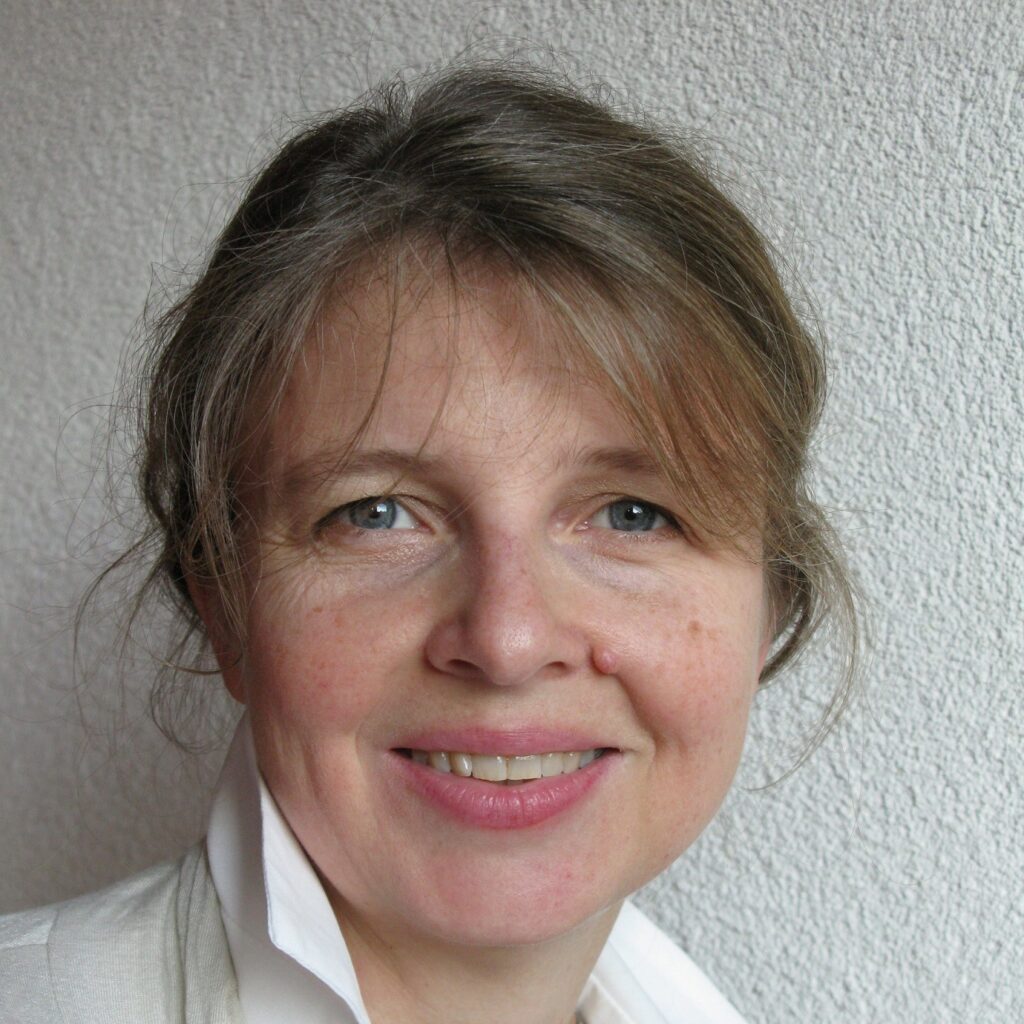
Ursula Ulrych
Ursula Ulrych studied microbiology and library and information science (postgraduate course), both at the University of Vienna, and has been deputy head of the University Library at the University of Veterinary Medicine Vienna since December 2023. Prior to that, after working for a biotech company, she spent almost 10 years in research support services and research evaluation at the University Library in Vienna. In addition, she served as coordinator of the Austria-wide project Austrian Transition to Open Access Two (AT2OA²) from 2023 to 2024 and was an active community member in the Predatory Publishing sub-project. In this context, she gained valuable experience in the field of scientific communication, with a focus on the complex upheavals in publishing and the phenomenon of the development of fraudulent practices. The collaboration of this community on the topic of predatory publishing has been successfully continued beyond the end of the project. Under the new name wissKomm – Wissen, Orientierung, Praxis (knowledge, orientation, practice), the newly formed group has been actively presenting itself since the beginning of 2025 with numerous lectures and workshops at scientific events in German-speaking countries.
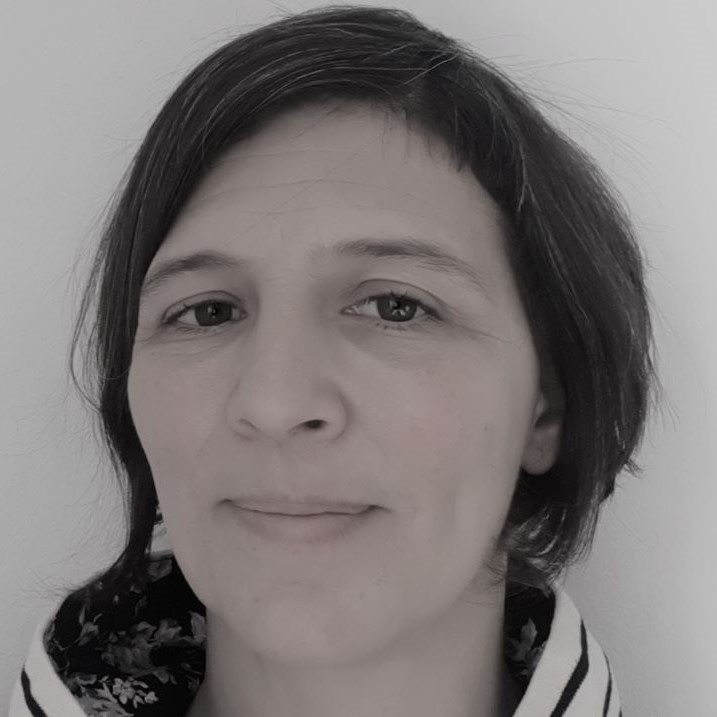
Karoline Feyertag
Karoline Feyertag is an open access and open science coordinator at the Research Support Service of the University of Klagenfurt since 2022. She was also part of the AT2OA² project and is part of the wissKomm Community of Practice. Prior to that, she worked at the mdw – University of Music and Performing Arts Vienna at the Research Support Unit and was involved in setting up the open access university press mdwPress. She holds a PhD in philosophy, was a research associate in a PEEK-FWF project from 2014-17 and also taught as an external lecturer in philosophy and gender studies.
Andrea Reischer.png)
Irma Klerings
Irma Klerings ist als Informationsspezialistin am Department für Evidenzbasierte Medizin und Evaluation der Universität für Weiterbildung Krems tätig. In diesem Rahmen beschäftigt sie sich mit den Methoden der systematischen Literaturrecherche sowie der Vermittlung der Grundlagen wissenschaftlichen Arbeitens und war ebenfalls Teil des Projekts AT2OA². Sie studierte Europäische Medienkultur in Deutschland und Frankreich und ist ausgebildete wissenschaftliche Dokumentarin.
Partners
-
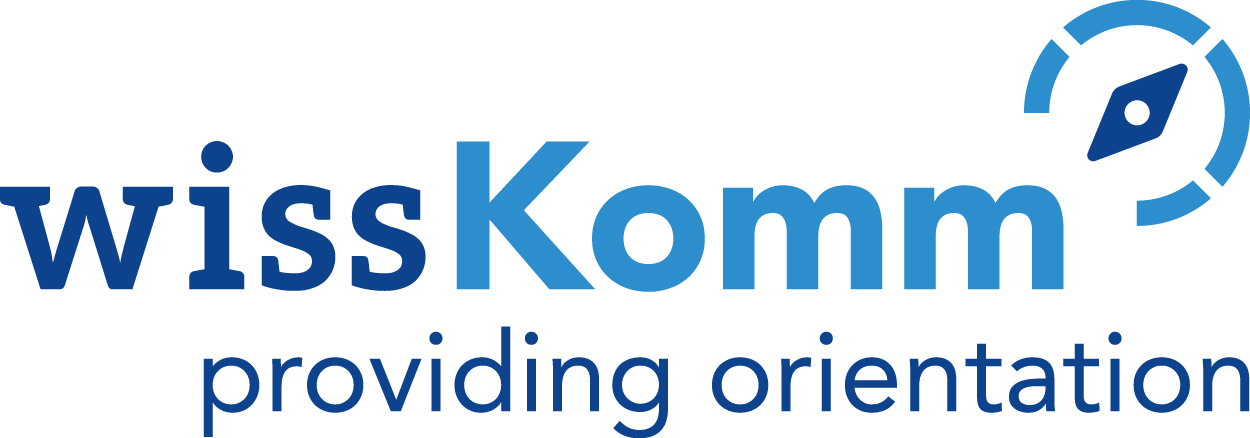
wissKomm
-

AT2OA2
-

Academy of Fine Arts Vienna
-
University of Natural Resources and Life Sciences Vienna
-
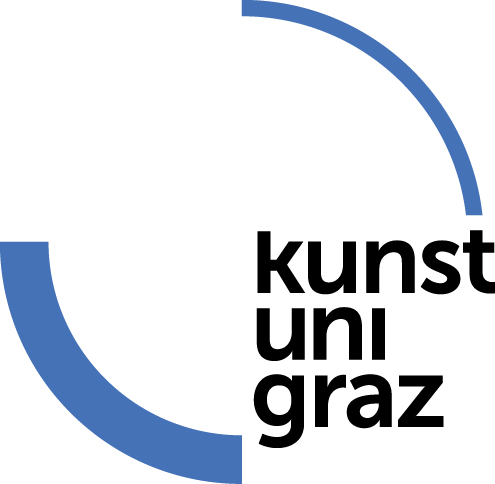
University of Music and Performing Arts Graz
-

University of Arts Linz
-
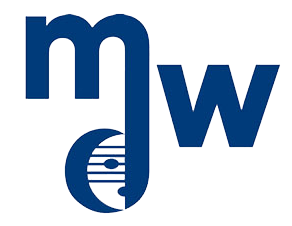
University of Music and Performing Arts Vienna
-
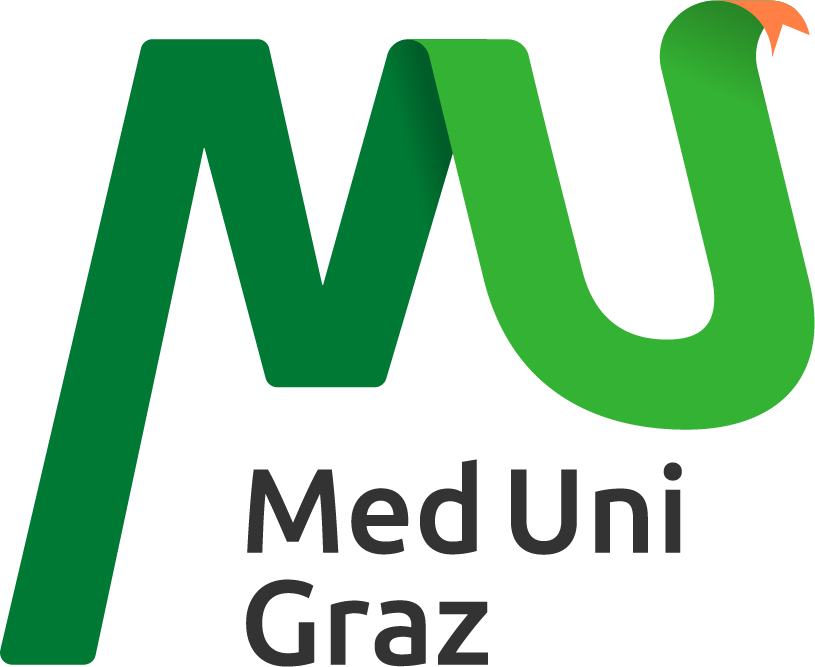
Medical University of Graz
-
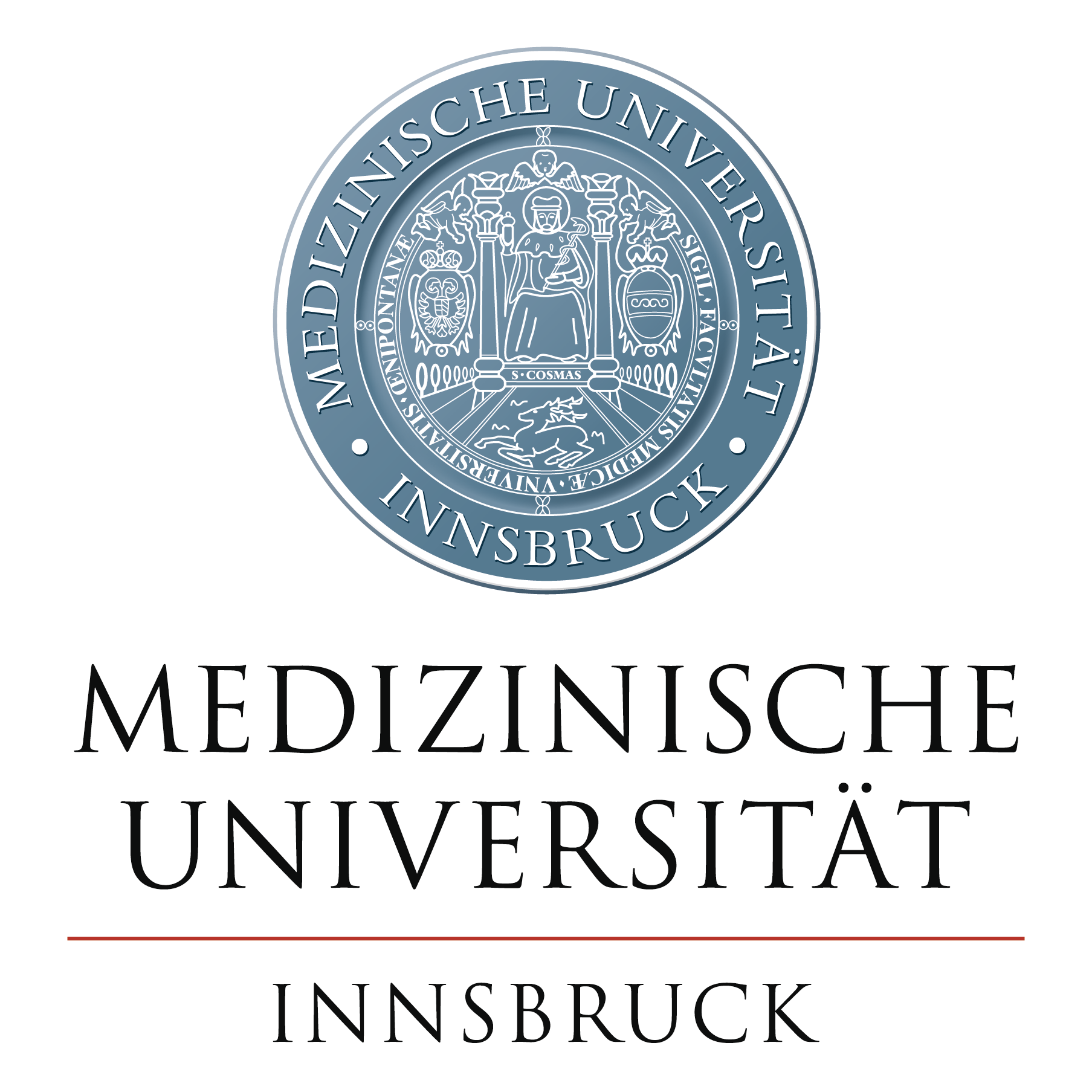
Medical University Innsbruck
-

Medical University Vienna
-

Graz University of Technology
-
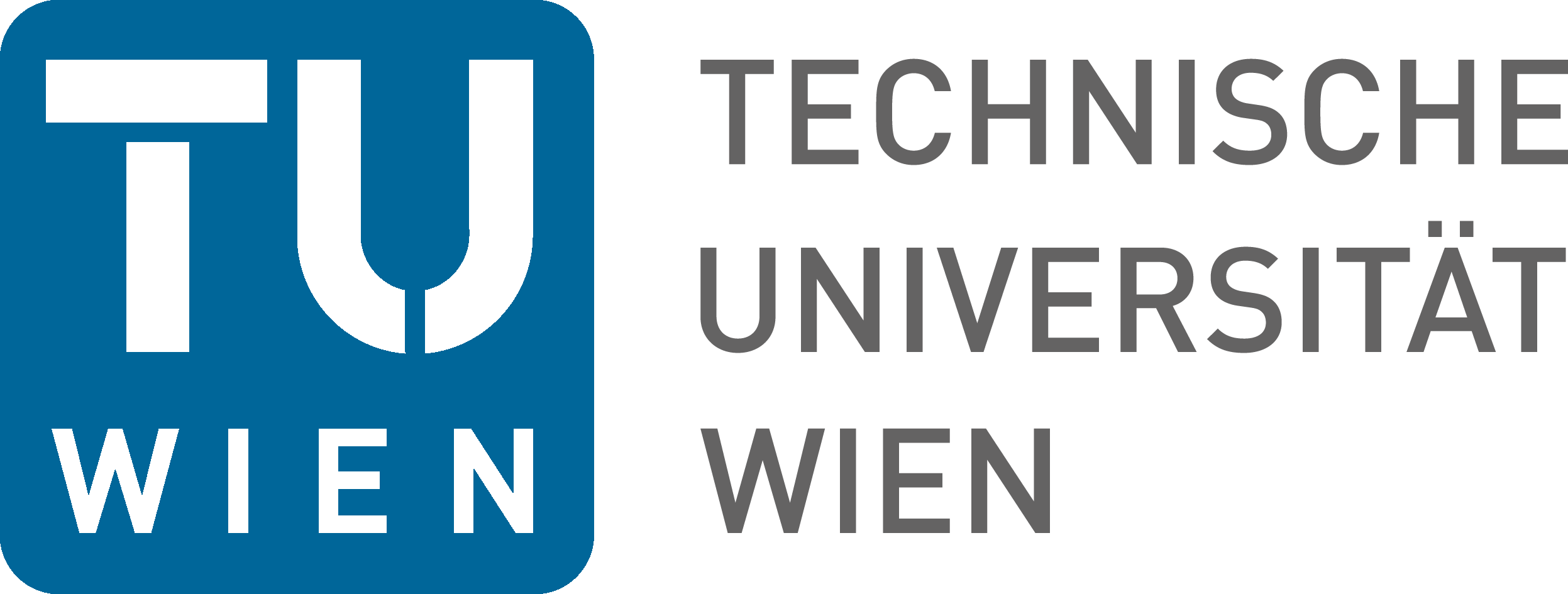
TU Wien
-
University of Graz
-

University of Klagenfurt
-

University of Salzburg
-
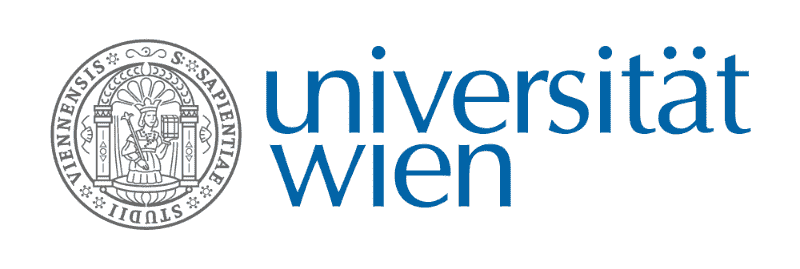
University of Vienna
-

University of Veterinary Medicine Vienna
-

University of Applied Arts Vienna
-
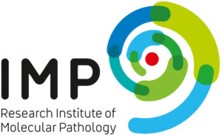
Research Institute of Molecular Pathology
